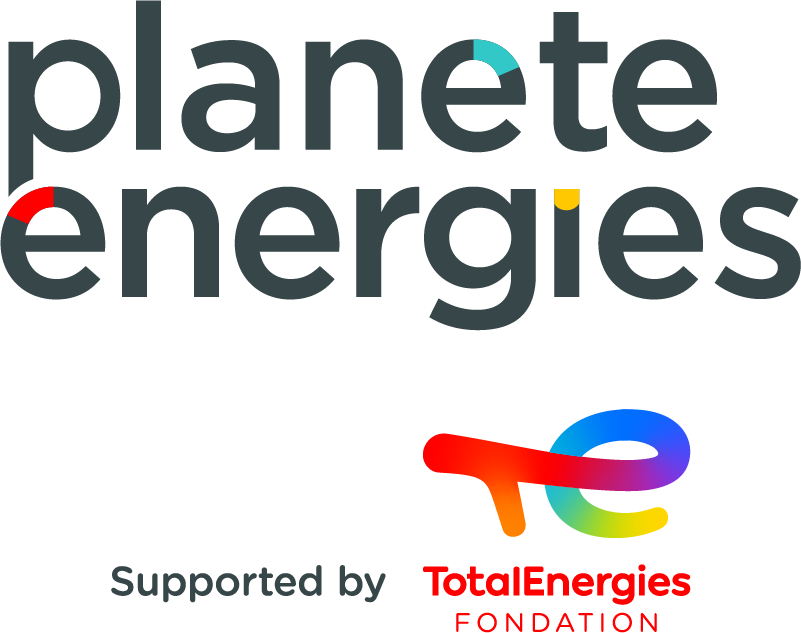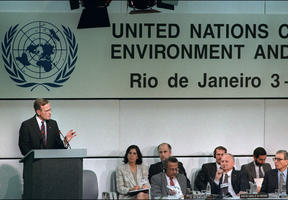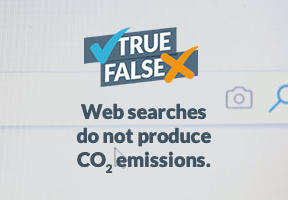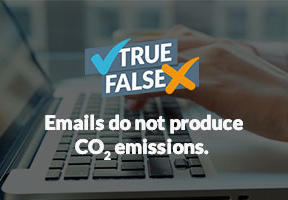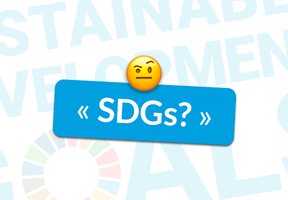Latest IPCC reports
2 min read
The global climate experts gathered within the IPCC published in 2018 - 2019 three very concrete reports: the first on the consequences of a rise in the average temperature of the planet by 1.5 °C by 2100, the second on its effects on land, the third on its impacts on the oceans and frozen regions.
.
Impact on land.
Impact on oceans and the frozen regions.
What do the IPCC's latest reports say?
IPCC = Intergovernmental Panel on .
Created in 1988 by the United Nations.
Purpose :
- Collect and assess the latest globally available scientific research on climate change.
- Publish reports for national authorities.
Report No. 1: Global warming
The report assesses how to limit the average global temperature rise to 1.5°C. By 2030: Man-made
emissions need to be reduced by 45% from 2010 levels. By 2050: Carbon neutrality needs to be achieved, meaning only emitting as much CO2 into the atmosphere as you take out of it.
Report No. 2: The impact on land
Global warming can bring about coastal erosion, storms and fires. Contributors include agriculture and livestock farming, which account for 23% of CO2 emissions. And deforestation, which caused a 3% decrease in total forest area between 1990 and 2015.
Report No. 3: The impact on oceans and the frozen regions of the planet
Greenhouse gas emissions need to be urgently reduced to prevent oceans from warming and becoming more acidic, which hurts the of marine life, and to stop glaciers and ice sheets from melting, which causes sea levels to rise.
Summary:
- IPCC: a group of experts that studies climate change and publishes reports for national authorities.
- Report No. 1: Carbon neutrality needs to be reached by 2050 to limit the global temperature increase to 1.5°C.
- Report No. 2: The negative effects of global warming are compounded by agriculture, livestock farming and deforestation.
- Report No. 3: CO2 emissions must be curbed to prevent oceans from warming and sea levels from rising.
